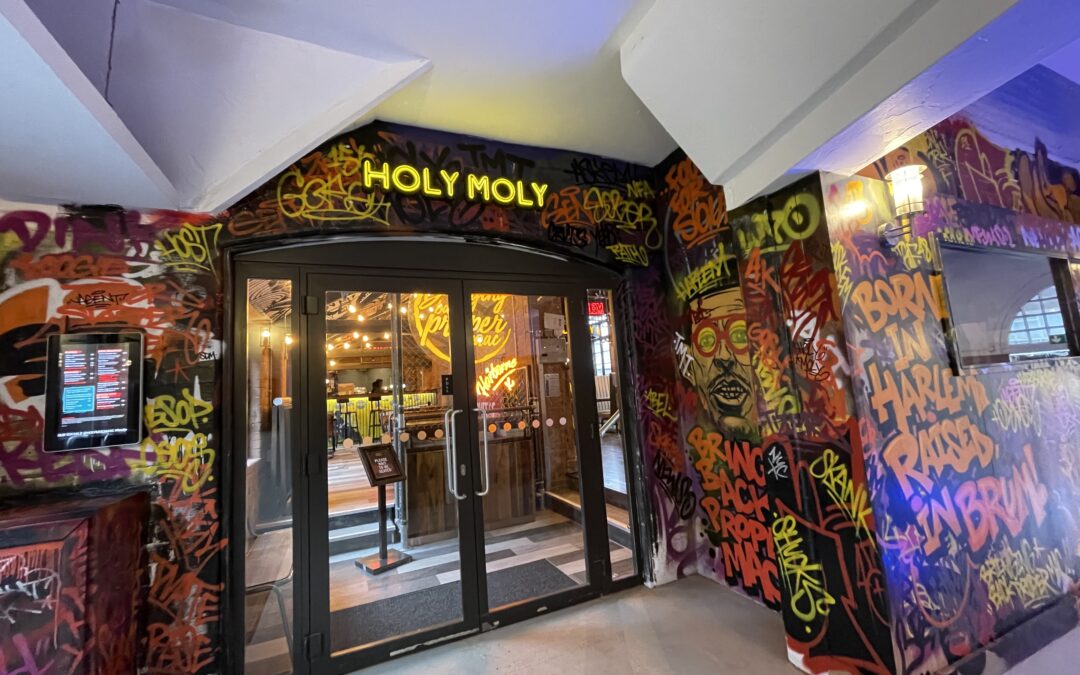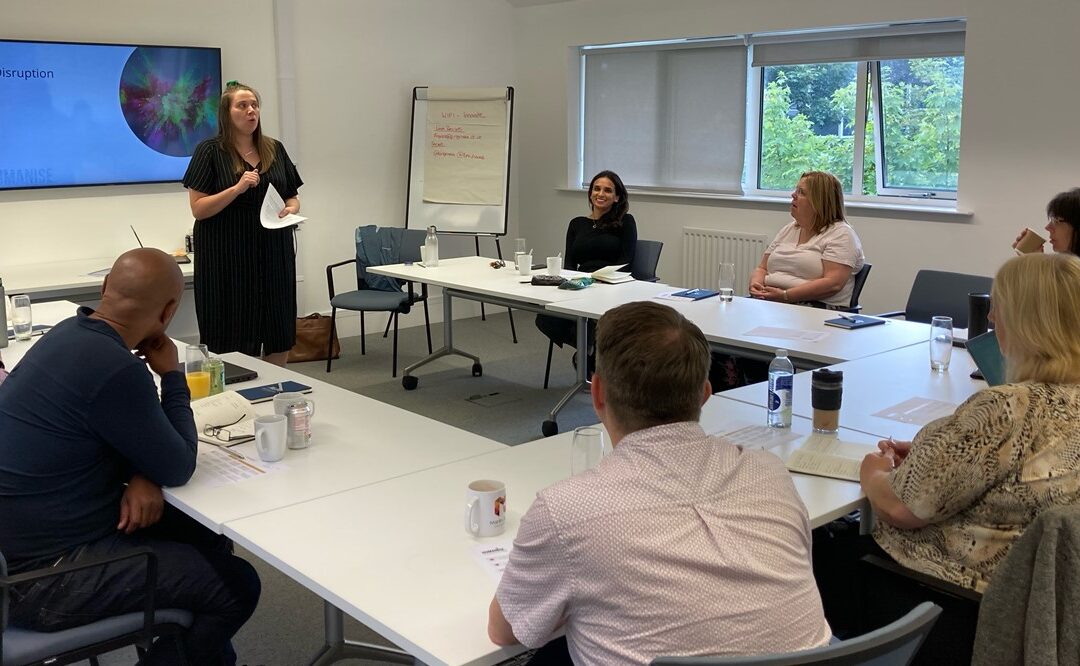
by Martin James Admin | Dec 20, 2021 | Uncategorized
Birmingham-based organisation reflects on their efforts as they give back to their surrounding community. This festive season colleagues across the Martin James Network have come together to make a lasting difference within the Birmingham communities. Employees have...

by Martin James Admin | Dec 13, 2021 | Holy Moly, Martin James Network, Uncategorized
Independent Birmingham restaurant Holy Moly opens its doors after a restaurant relocation. In 2019, co-founders Jim and Ayyab Cockburn had a shared vision of a mac ‘n’ cheese themed restaurant, following a visit to a pop festival, which showed them that the format’s...

by Martin James Admin | Nov 12, 2021 | Uncategorized
Antser was founded by Jim and Ayyab Cockburn and remains a valued member of their network of companies, the Martin James Network (MJN), all of which have been founded by them and benefited from their passion and business insight. MJN Founder and Chief Executive, Jim...

by Martin James Admin | Oct 8, 2021 | Martin James Network, Uncategorized
By Ayyab Cockburn, Co-founder and Executive Officer, MJN The 10th October marks World Mental Health Day, and this year’s theme set by the World Federation for Mental Health is ‘Mental Health in an Unequal World’. As a network, we recognise the world is unequal, and...
by Martin James Admin | Jul 30, 2021 | Uncategorized
Calum Sawford was appointed as Programme Director at the Martin James Group in June to lead our new Projects and Performance Team. Since then Loreal Stokes, former Head of Inclusion and Participation, has also joined the Team as Programme Manager. Their focus has...

by Martin James Admin | Jul 30, 2021 | Martin James Network, Uncategorized
Humanising Inclusion To support us in securing our vision of a society in which every individual is valued and where all dreams can be realised without fear, limitation, or prejudice. Humanise, part of the Martin James Network, has used the SEED model for change, to...





